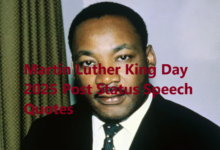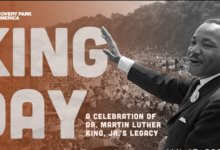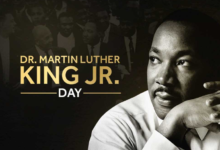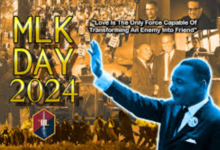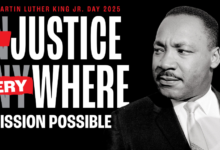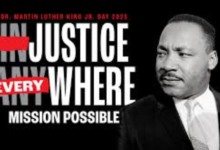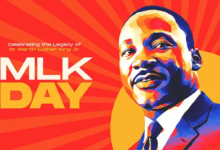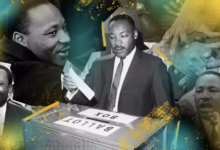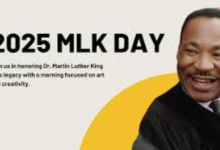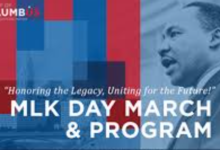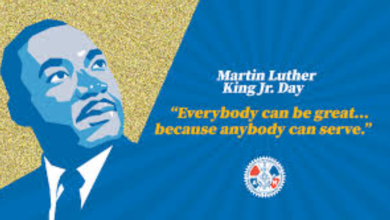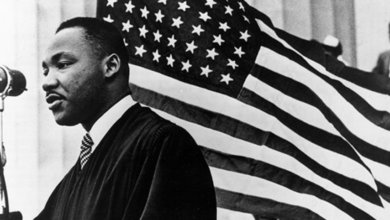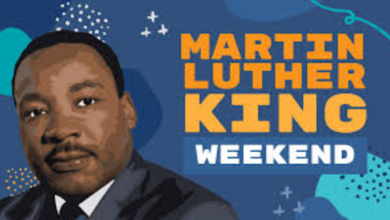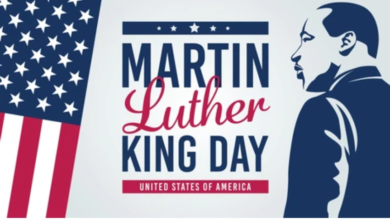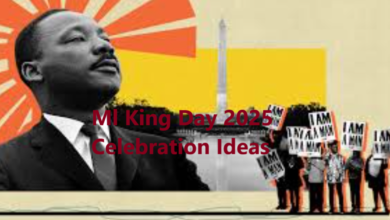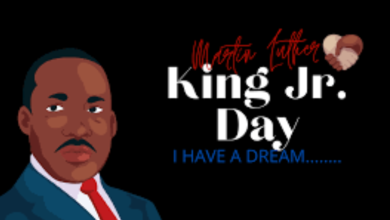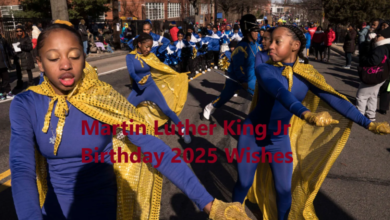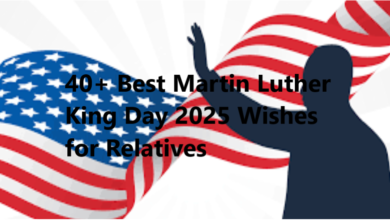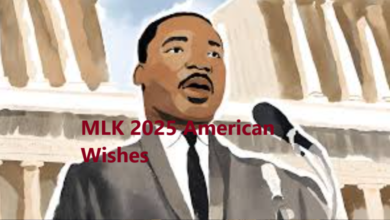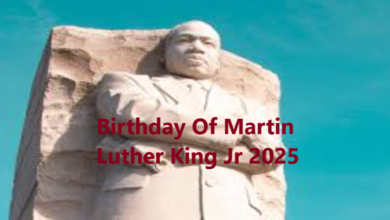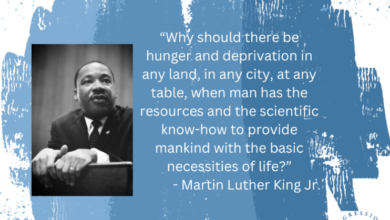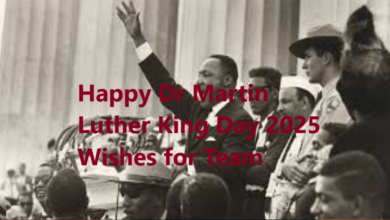Martin Luther King Jr 5 facts 2025
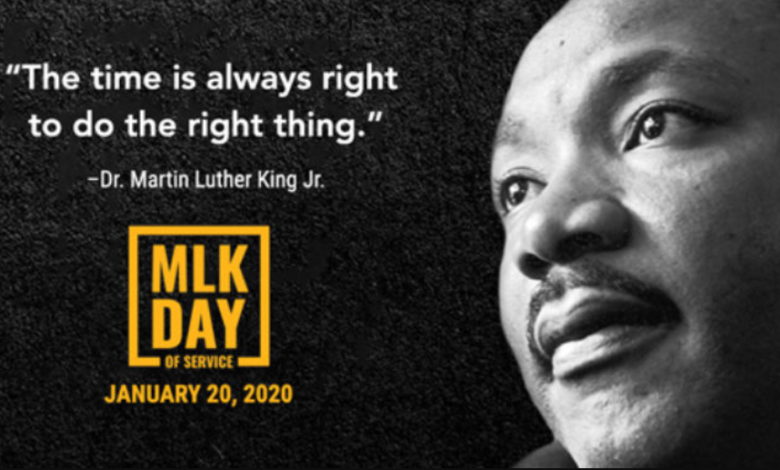
Martin Luther King Jr. is a towering figure of the 20th century, celebrated as a driving force behind the Civil Rights Movement and a symbol of peace and justice. Almost six decades after his untimely passing, his legacy continues to inspire leaders, communities, and individuals striving for equality and human dignity. While many are familiar with Dr. King’s famous “I Have a Dream” speech or his pivotal role in the Montgomery Bus Boycott, there are countless aspects of his life and work that are lesser-known but equally remarkable.
Here are five intriguing facts about Martin Luther King Jr. that highlight the depth of his impact—and illustrate why his legacy remains incredibly relevant, even in 2025.
1. He Became “Doctor” King at Just 25 Years Old
Educational excellence was a consistent thread throughout Dr. King’s life. By the age of 25, he earned his Doctorate of Philosophy in Systematic Theology from Boston University. His dissertation, titled A Comparison of the Conceptions of God in the Thinking of Paul Tillich and Henry Nelson Wieman, reflected his commitment to intellectual rigor and theological scholarship.
Dr. King’s academic background played a significant role in shaping his leadership style. His speeches and essays often featured philosophical and theological depth, weaving together the words of great thinkers like Gandhi, Reinhold Niebuhr, and even existentialist philosophers to build his case for nonviolent resistance. His ability to merge intellectual discourse with practical activism uniquely positioned him to lead a movement that appealed both emotionally and logically to individuals across racial and social divides.
Why It Matters Today
Dr. King’s focus on education reminds us of the power of intellectual growth in creating impactful societal change. For young leaders in 2025, his educational path emphasizes the importance of both formal learning and independent research in addressing today’s challenges.
2. He Led the Montgomery Bus Boycott at Just 26 Years Old
One of Martin Luther King Jr.’s first major acts as a civil rights leader came early in his career, when he was chosen to lead the Montgomery Bus Boycott in 1955. Sparked by Rosa Parks’ refusal to give up her bus seat to a white passenger, the boycott was a watershed moment in American history. For 381 days, African Americans in Montgomery refused to ride the city’s buses.
The boycott’s success was not just a logistical win—forcing the public transit system to end its policy of racial segregation—but also a testament to King’s strategic and leadership capabilities. The peaceful, unified stance of the African American community in Montgomery showcased the effectiveness of nonviolent resistance on a national scale.
Why It Matters Today
This milestone demonstrates the power of grassroots activism and collective action, something that remains deeply relevant for movements in 2025 fighting for climate justice, gender equality, and racial equity.
3. MLK Was Arrested Over 25 Times
Dr. King faced significant adversity for his dedication to civil rights. Throughout his work, he was arrested over 25 times for activities that disrupted racist systems of oppression. These arrests ranged from leading peaceful protests to participating in boycotts that challenged segregation laws.
One of his most famous arrests occurred in Birmingham, Alabama, in 1963. While behind bars, King penned the now-iconic Letter from Birmingham Jail. This document eloquently defended the strategy of nonviolent resistance to racism and urged white moderates to join the fight for civil rights.
Why It Matters Today
Dr. King’s arrests highlight the sacrifices often required to challenge entrenched systems. His courage inspires today’s activists, proving that standing up for justice sometimes involves personal risk—as seen in present-day struggles against authoritarian regimes or systemic injustice worldwide.
4. He Won the Nobel Peace Prize at Just 35 Years Old
Dr. King’s relentless pursuit of justice earned him international recognition when, at the age of 35, he became the youngest person to receive the Nobel Peace Prize at the time. The award, presented in 1964, honored his leadership in nonviolent resistance during the Civil Rights Movement.
King donated the prize money—approximately $54,000—to civil rights organizations, solidifying his commitment to the cause over personal financial gain. During his acceptance speech in Oslo, Norway, he proclaimed, “I believe that unarmed truth and unconditional love will have the final word in reality.”
Why It Matters Today
King’s Nobel Prize underscores the global impact of acting on moral convictions. For today’s changemakers, it’s a reminder that national borders do not confine peace and progress.
5. Martin Luther King Jr. Day is Celebrated Worldwide
While Martin Luther King Jr. Day is a federal holiday in the United States, the celebration of his life and legacy has expanded to a global scale. Around the world, educational events, marches, and service campaigns are organized annually in his honor. Nations including Canada, Japan, and the Netherlands acknowledge and celebrate King’s vision of equality and justice.
Beyond the holiday itself, the core principles of King’s teachings—nonviolence, human rights, and social justice—remain cornerstones of various global human rights organizations. His legacy unites communities across cultures as they work toward creating a fairer world.
Why It Matters Today
The international recognition of Dr. King’s work serves as a powerful lesson in the universality of human rights. For leaders in 2025, his life shows that a commitment to justice and equality transcends borders and unites us all in shared humanity.
